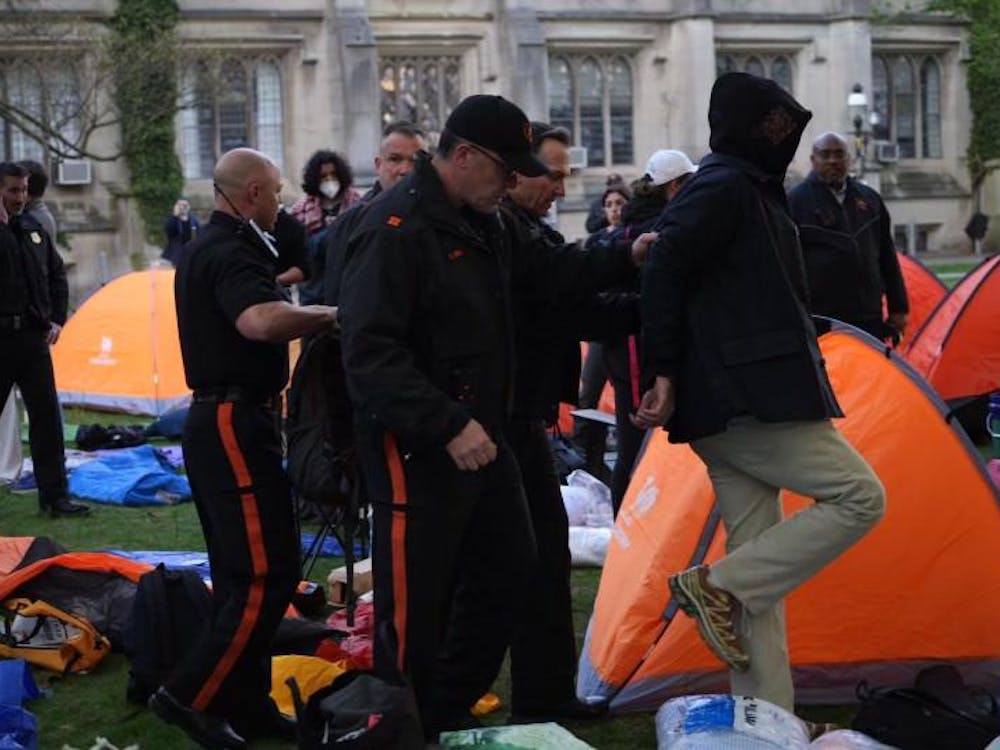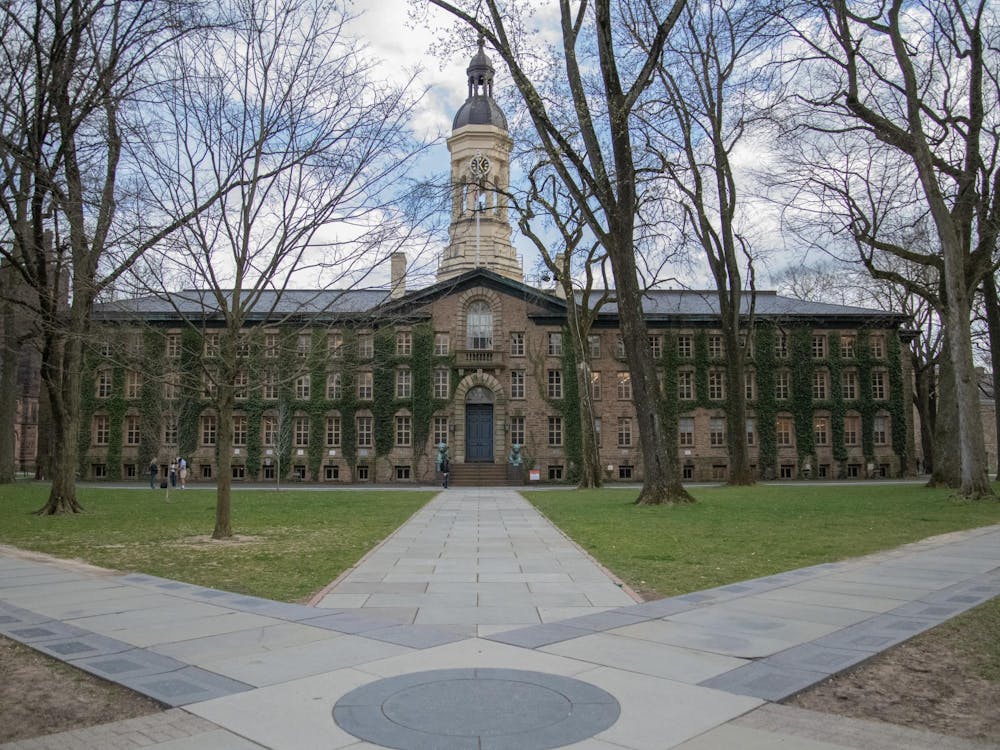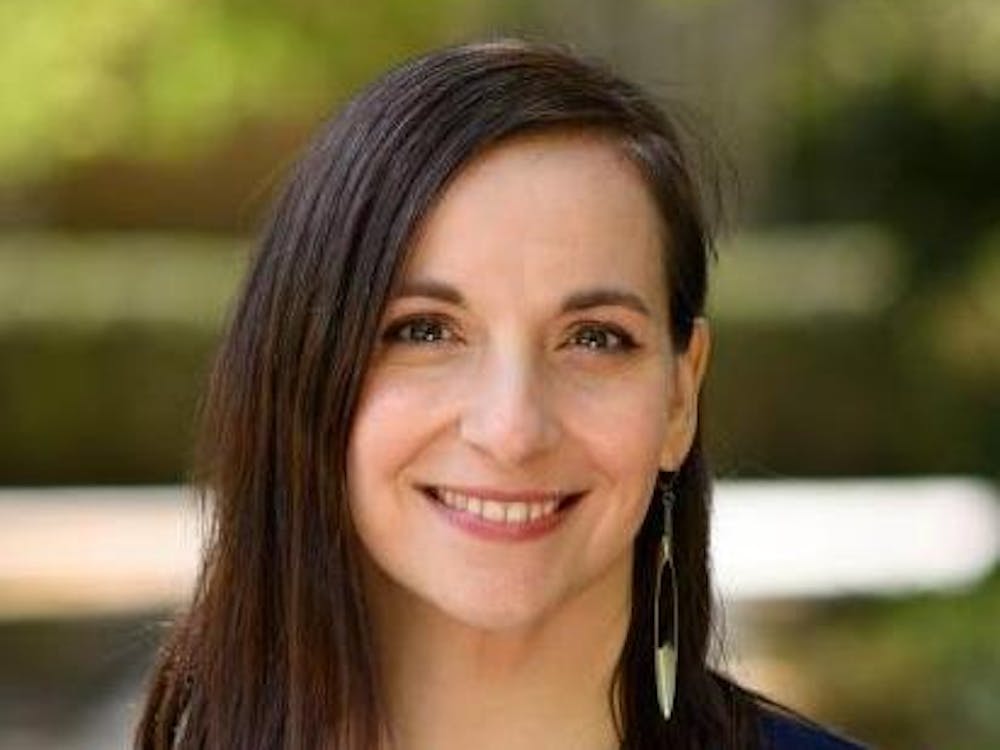Senior theses for the Classes of 2013 and 2014 are now available online, with a few changes to accessibility.
Mudd Library and the Office of the Dean of the College made Class of 2013 theses available digitally via an online database called DataSpace in October of last year. However, availability of the theses was suspended a few weeks later because ODOC was concerned about copyright protection.
University Archivist Daniel Linke said Mudd Library, ODOC and the Office of Information Technology had been working until August of this year to resolve the concerns that caused the suspension and to incorporate the Class of 2014 theses into the database.
Linke met with various faculty members around campus last spring and over the summer, including members of ODOC, the Office of the General Counsel and OIT.
Deputy Dean of the College Clayton Marsh ’85 said ODOC led the effort to reevaluate the database.
“We wanted to take a second look at the notices that were in place that would put prospective users of the database on notice of their obligations to copyright law, in terms of how they might use materials they find on the database,” Marsh said. “We also wanted to take a closer look at our communications to students who were or will be depositing electronic versions of their theses for inclusion in the database.”
Linke said there was one ultimate goal during the meetings: to balance access to the theses with copyright protection for the students’ work.
He noted that students have the option to embargo their theses if they are dealing with confidential information. The embargoes are for one, two or three years at most.
The students also have the option to allow walk-in access only. He explained that this is the digital equivalent of what Mudd did with the paper copies in the analog days, when students can submit their theses digitally but patrons can only view the digital copy at Mudd Library.
The Class of 2014 seniors were able to choose from these options. However, Linke noted that seniors from 2013 graduated before the “walk-in” option was available, so 2013 theses are no longer available on DataSpace from personal computers and can only be accessed through Mudd Library computer terminals.
Linke said he refers to the Class of 2013 as “the unlucky Class of ’13” because they do not have a paper copy in the library archives and their digital copies are only available in the library.
Todd Kranenburg ’15 said he doesn’t think he’ll be making use of the options to limit accessibility because he said he appreciates what having a digital copy of his thesis will mean in terms of readership.

“I think they’ll be used more. It’s cool to know that people may actually access your thesis in the future,” Kranenburg said. “It gets you more excited about your thesis to know that someone could actually use the work you have done for themselves.”
Kranenburg also said he isn’t concerned with the possibility that his work could be less unique if it is more accessible to people as a resource for their own topics.
“I would be more nervous that I was being redundant in my thesis if I didn’t have access to anyone else’s thesis,” he said. “I could be saying something that someone has already said in their senior thesis before or in any other written work.”
Linke said this was one of the more difficult ways in which he and others working on the project had to strike a “balance” between accessibility and copyright protection.
“Essentially, the challenge here is when you’re on campus, you can send messages to the Class of ’14 or to the Class of ’16 or whoever. When you graduate those mechanisms don’t work anymore, so we just decided to leave them like this,” Linke said. “It’s the equivalent of what we did before we collected [theses] digitally in the sense that the Class of 2012 we have all on paper, and if you want to look at a Class of 2012 thesis, you have to come to Mudd Library.”
In terms of the mechanisms of the site itself, Linke said the copyright agreements for the downloadable theses are standard like those seen when buying music on iTunes and are in the same language as the previous paper agreements students had to sign when viewing theses at Mudd Library.
Pam Soffer ’15 said that she appreciates the effort to make past theses more widely available to students and that she thinks it is a great resource for students to have at their disposal. Soffer also said that online submissions free students from the previously necessary hassle of having their theses printed and bounded.
“Getting [a thesis] printed is expensive, and towards the end of the year everyone is printing their theses, which can be very hectic,” Soffer said. “I think [the online database] is a nice update, and you can still choose to continue the tradition of printing your thesis if it’s important to you.”
The theses on DataSpace are only available on the Princeton Wi-Fi network or through a virtual private network, Linke noted, as another way to protect students’ rights to their work.
“When you write your thesis, you own the copyright to it. That means if you want, you can publish it as a book or put it on the web and give it away for free, et cetera” Linke said. “So if we were to make it available to the whole world, we would be taking away that right from you. So instead, we’re trying to make it so that students who do look at a lot of theses can do it online, anywhere on campus, 24 hours a day.”








